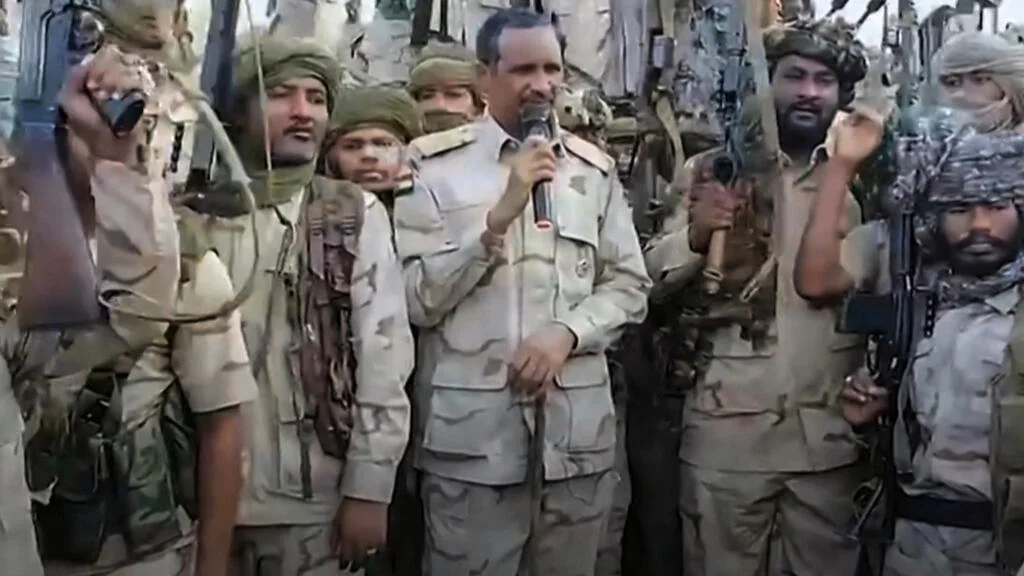Amnesty International’s August 2023 report, “‘Death Came To Our Home’: War Crimes and Civilian Suffering in Sudan,” details extensive war crimes committed during the conflict between the Rapid Support Forces (RSF), led by General Mohamed Hamdan Daglo (Hemedti), and the Sudanese Armed Forces (SAF), led by General Abdel Fattah al-Burhan, which erupted on April 15, 2023. Based on 181 interviews, including 59 with survivors, conducted primarily in eastern Chad’s refugee camps between April and July 2023, the report documents mass civilian casualties, sexual violence, and attacks on civilian infrastructure, particularly in Khartoum and West Darfur. “Civilians are suffering unimaginable horror every single day,” said Amnesty’s Secretary General Agnès Callamard.
RSF as Primary Perpetrators
While both sides are implicated, Amnesty identifies the RSF as the “main perpetrator” of documented abuses. “These paramilitary groups have committed a very large percentage of the abuses,” said report co-author Donatella Rovera in an RFI interview. The report cites deliberate civilian killings, including the shooting of five brothers in El Geneina, West Darfur, by RSF-backed Arab militias. Scores of women and girls, some as young as 12, faced rape, gang-rape, and sexual slavery, often by RSF members or allied militias. Survivors reported being held for days in conditions amounting to war crimes, with one 25-year-old woman from El Geneina stating, “I left my home because there was shooting everywhere… and these criminals raped me.”
SAF’s Role and Indiscriminate Attacks
The SAF is not exempt, with Amnesty documenting their use of explosive weapons in densely populated areas, contributing to civilian deaths. For instance, Kodi Abbas, a Khartoum teacher, lost his sons and nephew to gunfire during clashes in the Kalakla neighborhood, though the perpetrator remains unclear. Such indiscriminate attacks, alongside deliberate targeting of civilians, hospitals, and churches, violate international humanitarian law, constituting war crimes for which both soldiers and commanders could face criminal responsibility. The destruction of humanitarian infrastructure and looting, largely attributed to the RSF, have exacerbated shortages of food, water, and medicine.
Ethnic Violence and Displacement
The report highlights ethnically motivated attacks, particularly against the Masalit in West Darfur, where RSF-supported Arab militias have driven mass displacement to Chad. In Misterei, 58 civilians were buried after a May 28 attack. The violence echoes the 2003–2005 Darfur crisis, raising fears of renewed ethnic cleansing. Over 5.7 million people have been displaced by October 2023, including 1 million to neighboring countries, creating the world’s largest displacement crisis. “The spiralling violence in Darfur… is raising the spectre of the scorched earth campaign of previous decades,” Callamard warned.
Calls for Action
Amnesty urges the UN Security Council to extend the Darfur arms embargo to all of Sudan and enforce it, citing violations by third countries like the United Arab Emirates. It also calls for increased humanitarian aid, open borders for refugees, and justice for victims through mechanisms like the International Criminal Court. “The RSF and SAF must end their targeting of civilians and guarantee safe passage,” Callamard stated. The report underscores the international community’s failure to act decisively, with ongoing fighting and impunity fueling further atrocities.






